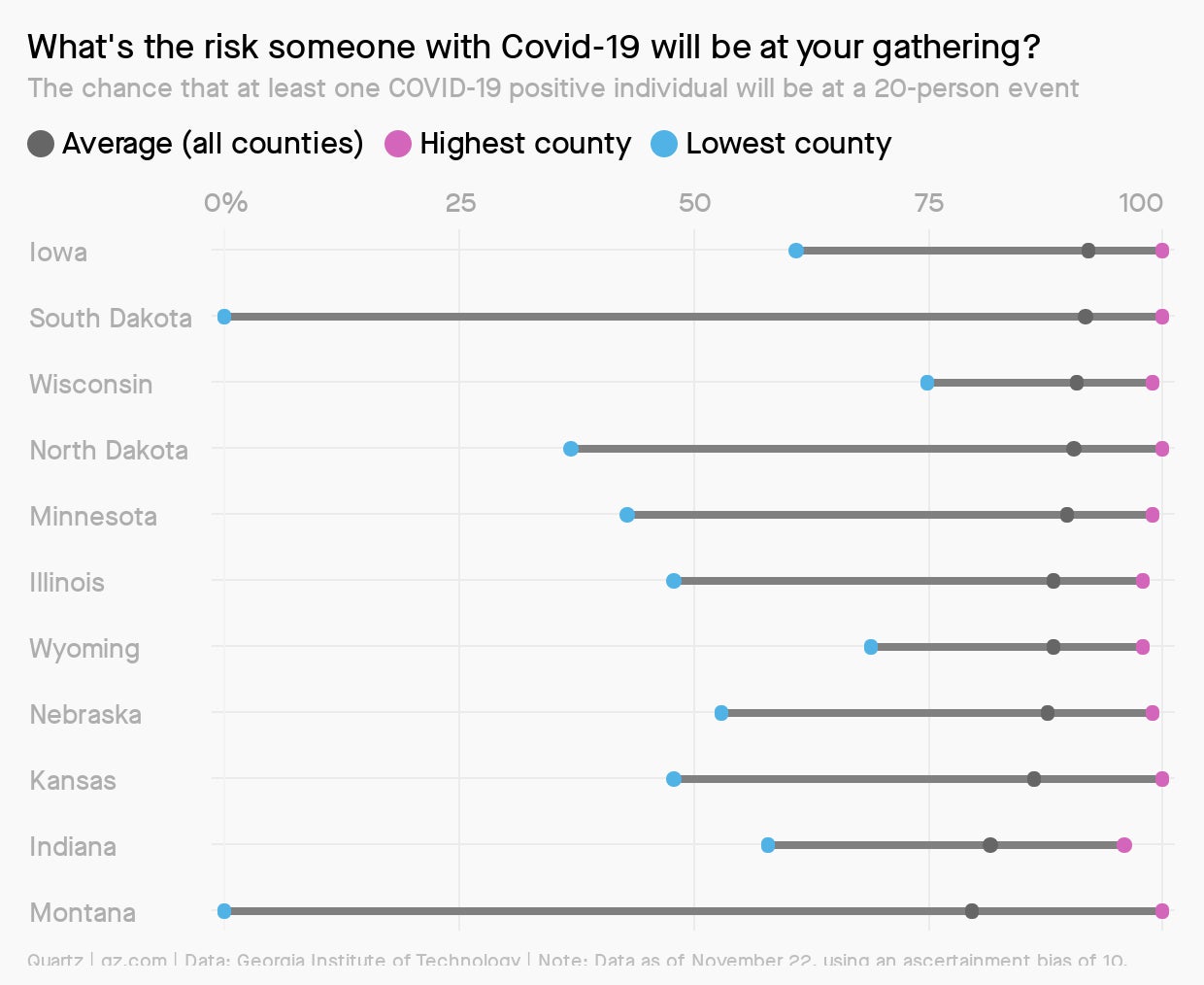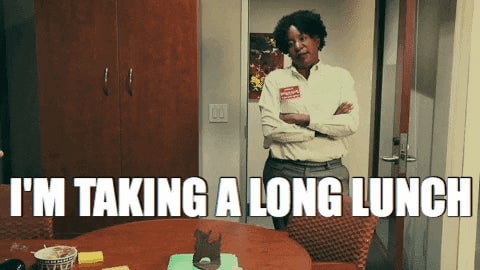US transition, Pope Francis on Uyghurs, damp Martian disaster
Good morning, Quartz readers!

Good morning, Quartz readers!
Here’s what you need to know
Donald Trump agreed to begin a formal transition… Amid mounting defeats in his attempts to overturn the election, the US president finally allowed federal officials to work with the incoming Joe Biden administration. Meanwhile, former Fed chair Janet Yellen is expected to be the next—and first ever female—treasury secretary, and former secretary of state John Kerry will serve as special climate envoy.
…while NATO and the EU made overtures to Joe Biden. European leaders Ursula von der Leyen and Charles Michel, as well as the military alliance’s secretary general Jens Stoltenberg, called the US president-elect to extend their victories and invite Washington to rebuild transatlantic ties.
Pope Francis called China’s Uyghurs a “persecuted” people. The description in the Catholic leader’s new book marks the first time he has spoken out about Beijing’s repression of Muslims in Xinjiang amid a growing consensus that genocide is being perpetrated there.
The UK considers hefty telecoms fines for security breaches. Parliament will discuss a proposed law that would impose penalties of £100,000 ($133,140) on telecommunications providers if they use suppliers deemed high-risk, like China’s Huawei.
Apple’s security chief was accused of bribery. Thomas Moyer allegedly offered to donate 200 iPads worth $70,000 to a county sheriff in California’s in return for four concealed gun carry permits for employees.
Methane emissions, by the digits
Reducing the environmentally harmful effects of leaked or intentionally released methane would be a win/win for oil and gas companies, yet those in the US can’t seem to light a fire under themselves. Now, it’s coming back to haunt them.
82 megatons: Methane emissions from global oil and gas production in 2019.
10%: Share of the planet’s greenhouse gas footprint that could be shaved off by reducing methane emissions by 75%—more than taking every vehicle in America off the road.
62: Number of oil and gas companies representing 30% of global oil and gas operations who joined a new voluntary agreement to report and reduce methane emissions on Monday.
0: American companies that signed the above agreement.
$7 billion: Amount of a natural gas import deal scuttled by French authorities earlier this month because of lack of methane regulation in the US.
Charting holiday spreads
Despite warnings from experts about the perils of travel during a worsening pandemic, many Americans are hitting the road this week to see family for the Thanksgiving holiday. Much of their decision-making comes down to the difficulty of assessing risk when one’s judgment is clouded by overriding desire to see loved ones.
Amanda Shendruk used data from the Covid-19 Event Risk Assessment Planning Tool to make a handy tool that shows how likely each state is to bring coronavirus to dinner.

Remember, that one infected person at the event could be you. Most Covid-19 spread occurs from people who aren’t showing symptoms.
Let’s step out

The pandemic and work-from-home orders may have temporarily killed the office lunch, but culinary historians are confident that it will return, and may even inspire us to step away from our sad desk meals.
“Everybody who’s working from home realizes that all of the work stuff can be done at home, and that part of the reason that we go to work, part of the thing that makes work okay, is the other people there,” says author and culinary historian Megan Elias. “That connection is going to seem more precious.” Read more about how history has shaped lunch, and the impact of the pandemic on our relationship with food, in our field guide to how we eat now.
✦ Say goodbye to sad desk reads with a Quartz membership—try it for free.
We’re obsessed with electric planes
Electric airplanes could do us a world of good. They could reduce emissions and move people more cheaply than those traditional aircraft powered by fossil fuels. But so far, they’ve failed to take flight. Weighed down by engineering challenges and without any big investments from airlines, electric flight has remained a quixotic experiment for decades. Now that’s changing—but companies will still have to move their innovative planes from prototype to commercial runways to 30,000 feet. The Quartz Weekly Obsession invites you to prepare for takeoff.
Watch the Quartz Weekly Obsession land in your inbox every week, for free.
Surprising discoveries
New Zealand’s minister for seniors dislikes the word “boomer.” She doesn’t think it’s a useful term to describe the generation born between 1946 and 1964.
A customer left a $3,000 tip for a single beer. It was a token of appreciation for the Ohio restaurant’s voluntary closure due to the pandemic.
A meteor likely caused “floods of unimaginable magnitude” on Mars. NASA’s Curiosity rover discovered evidence of a damp disaster 4 billion years ago in the planet’s Gale Crater.
There’s a mysterious metal structure in the Utah wilderness. A helicopter pilot discovered the 10-foot (3-meter) monolith while counting bighorn sheep.
Another airline is selling off surplus items to raise cash. Now’s your chance to snap up British Airways champagne flutes, blankets, and serving trays.
Our best wishes for a productive day. Please send any news, comments, unexpected tips, and unexplained monoliths to [email protected]. Get the most out of Quartz by downloading our iOS app and becoming a member. Today’s Daily Brief was brought to you by Mary Hui, Tripti Lahiri, Liz Webber, and Susan Howson.